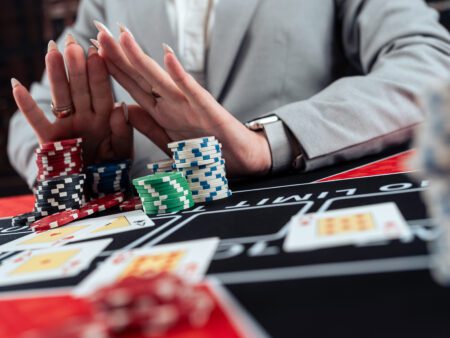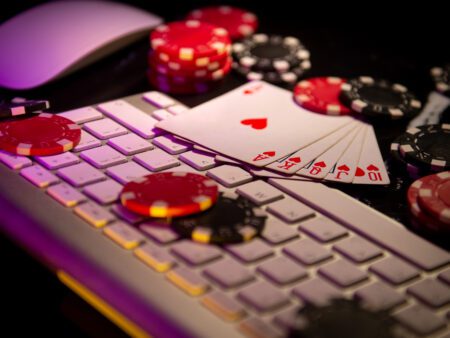Discover the illusion of control in gambling and how it affects your decisions and behavior, including tips on how to recognize and overcome it.
The Illusion of Control in Gambling
Gambling is often associated with the belief that we can control the outcome of a game. This illusion of control is a powerful cognitive bias that affects our decision-making and behavior. In this article, we will explore the illusion of control in gambling and its effects.
What is the illusion of control?
The illusion of control is the tendency to believe that we have more control over a situation than we actually do. This cognitive bias is often seen in gambling, where players believe that they can influence the outcome of a game through their actions or choices. For example, a player might think that they can increase their chances of winning by using a specific betting strategy or by picking certain numbers or symbols.
Why is the illusion of control dangerous?
Believing in the illusion of control can lead to poor decision-making and irrational behavior. Players who think they have control over the game may be more likely to continue gambling even when they are losing, or to increase their bets in an attempt to win back their losses. This can lead to gambling addiction, financial problems, and other negative consequences.
How to recognize the illusion of control?
Recognizing the illusion of control is the first step to overcoming it. Here are some signs that you may be affected by this cognitive bias:
- You believe that you can control the outcome of the game.
- You feel more confident in your choices and decisions when gambling.
- You are more likely to continue gambling when you are losing, thinking that you can turn things around.
- You are more likely to take risks in the game, thinking that you can control the outcome.
How to overcome the illusion of control?
Overcoming the illusion of control requires a shift in mindset. Here are some tips on how to do it:
- Accept that you cannot control the outcome of the game. The game is based on chance, and your actions or choices have no effect on the outcome.
- Set a budget for your gambling activities and stick to it. This can help you avoid impulsive behavior and overspending.
- Take breaks from gambling to clear your mind and reset your emotions.
- Seek professional help if you are struggling with gambling addiction.
Conclusion
The illusion of control in gambling is a powerful cognitive bias that affects our decision-making and behavior. Recognizing and overcoming this bias is essential for responsible gambling and avoiding negative consequences. Remember, gambling should be a fun and entertaining activity, not a source of stress or financial problems.










